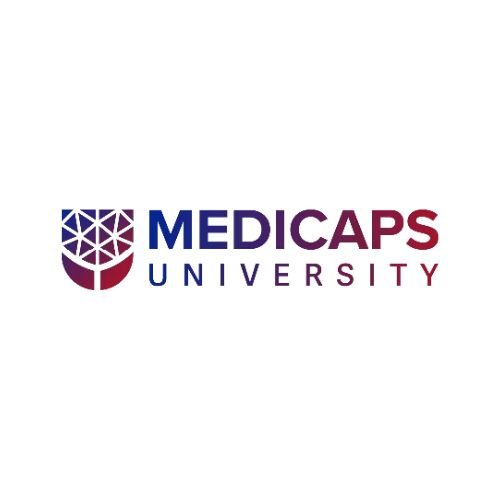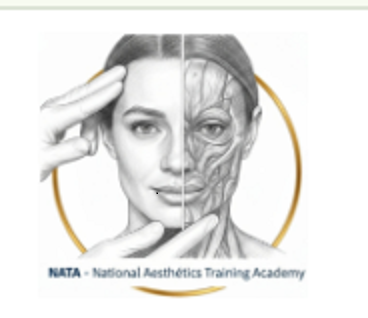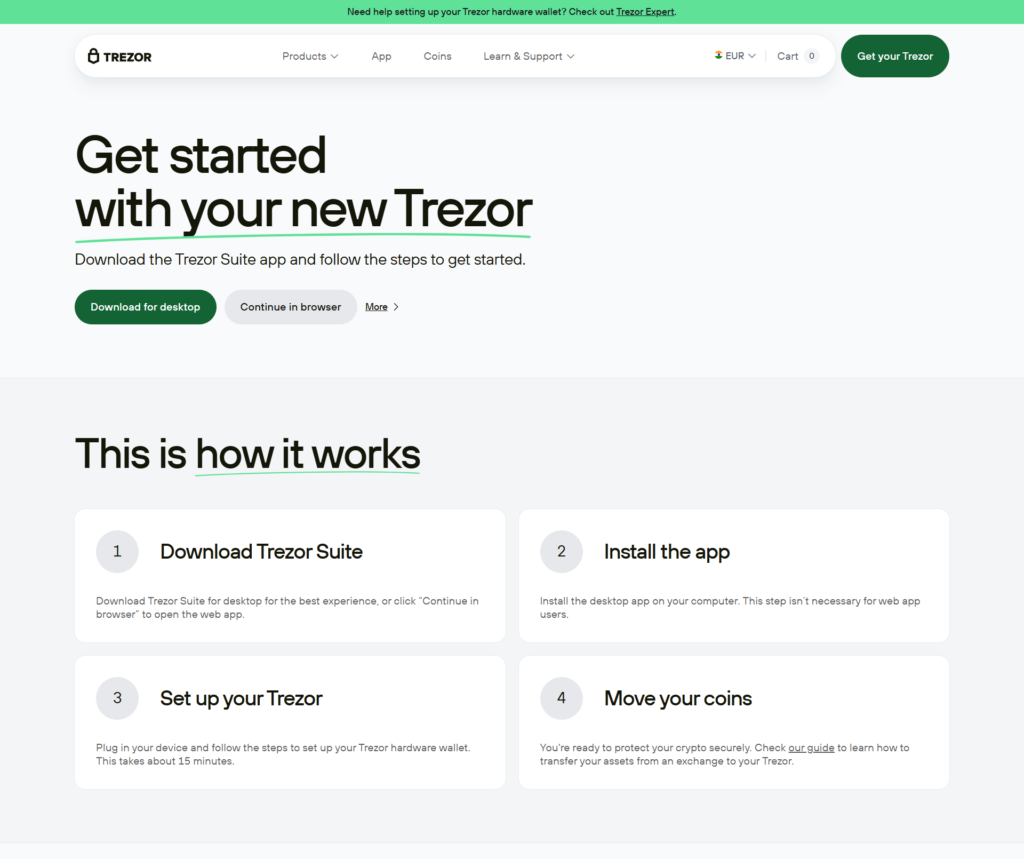NURS FPX 9000 Assessment 1: Launching the Doctoral Journey in Nursing Practice
usa
Educational
+9114386196141
jecic20164@gddcorp.com
Added on 29 Sep 2025
Business Description
NURS FPX 9000 Assessment 1: Launching the Doctoral Journey in Nursing Practice
NURS FPX 9000 Assessment 1 marks the beginning of the Doctor of Nursing Practice (DNP) journey, setting the stage for advanced scholarly work that bridges theory, research, and practice. As the opening assessment of this capstone course, it is designed to orient doctoral nursing students toward the expectations, rigor, and scholarly approach required to complete their final project successfully. The DNP program emphasizes not only clinical excellence but also leadership, evidence-based practice, quality improvement NURS FPX 9000 Assessment 1, and the ability to influence health outcomes at organizational and policy levels. Assessment 1 serves as the entry point for this process, helping students clarify their professional goals, align their project interests with program outcomes, and develop the mindset necessary to succeed in doctoral-level scholarship.
At its core, NURS FPX 9000 Assessment 1 is about reflection and preparation. Doctoral-level nursing practice is not simply an extension of clinical expertise; it is a transformation of practice into scholarship. This first assessment requires students to think critically about their professional identity as nurse leaders, their role in advancing the profession, and the ways in which they can apply scholarly inquiry to real-world challenges. For many, this begins with identifying a practice problem of significance—an issue that directly affects patient outcomes, organizational efficiency, or healthcare equity. By reflecting on their experiences and interests, students start to define the scope of their potential DNP project.
A key component of this assessment is the identification of a practice gap. Unlike traditional research that generates new knowledge, the DNP project focuses on applying existing evidence to improve practice. Assessment 1 guides students to examine areas where evidence-based interventions are underutilized, inconsistently applied NURS FPX 9000 Assessment 2, or poorly integrated into practice. For example, a nurse leader working in a primary care setting may notice that evidence-based protocols for managing diabetes are not consistently followed, resulting in poor patient outcomes. Another student may identify a gap in mental health services in underserved communities. These reflections form the foundation of the doctoral project, ensuring it is grounded in both evidence and real-world relevance.
Evidence-based practice (EBP) is central to the DNP framework and is highlighted in NURS FPX 9000 Assessment 1. Students are encouraged to consider how evidence informs practice and how they, as doctoral-prepared nurses, will serve as champions of EBP within their organizations. This involves not only understanding the research but also recognizing the barriers to implementation, such as resource limitations, resistance to change, or organizational culture. By beginning to think about these challenges early in the course, students position themselves to design projects that are practical, sustainable, and impactful.
Another important dimension of this assessment is leadership development. Doctoral-prepared nurses are expected to lead change at multiple levels, from the bedside to the boardroom. Assessment 1 prompts students to reflect on their leadership style, strengths, and areas for growth. Leadership in the DNP context is not limited to formal titles but is about influence NURS FPX 9000 Assessment 3, vision, and the ability to drive transformation. For example, a DNP student may envision themselves leading initiatives to improve patient safety within their hospital or advocating for policies that expand access to healthcare in rural areas. This reflection helps students begin to frame their identity as nurse leaders who will shape the future of the profession.
In addition to leadership, systems thinking is a theme woven into NURS FPX 9000 Assessment 1. Healthcare does not occur in isolation; it is influenced by complex interactions between patients, providers, organizations, and policies. This assessment challenges students to consider the broader context of their practice issues and to think about how solutions must address system-level factors. For instance, improving care transitions from hospital to home is not only about educating patients but also about coordinating with multiple providers, ensuring proper documentation, and addressing social determinants of health. By adopting a systems perspective, students learn to design projects that create meaningful and sustainable change.
Ethics and professionalism are also integral to this assessment. As students prepare to embark on their doctoral project, they must reflect on the ethical responsibilities that come with advanced nursing practice. This includes upholding the principles of beneficence, justice NURS FPX 9000 Assessment 4, and respect for persons, as well as ensuring that their projects align with ethical standards for human subjects and organizational integrity. For example, a project aimed at improving care for vulnerable populations must be designed in a way that avoids stigmatization and ensures equity. By addressing these ethical considerations early, students reinforce their role as advocates for patients and communities.
Another aspect of NURS FPX 9000 Assessment 1 is the emphasis on scholarly writing and communication. At the doctoral level, clarity, precision, and professionalism in writing are critical. This first assessment provides an opportunity for students to practice articulating their ideas in a scholarly voice, organizing their thoughts logically, and supporting their claims with credible evidence. These skills are not only necessary for success in the program but also essential for disseminating project findings in professional settings. Effective communication ensures that the impact of the DNP project extends beyond academia into clinical practice, policy, and leadership.
Collaboration and interprofessional engagement are also highlighted in this initial assessment. Successful DNP projects often require the input and cooperation of multiple stakeholders, including physicians, administrators, policymakers, and community leaders. Assessment 1 encourages students to begin thinking about the relationships and partnerships they will need to cultivate to bring their project to life. For example, a project focused on improving vaccination rates may require collaboration with public health officials, school systems, and community organizations. By identifying potential collaborators early, students set the stage for projects that are inclusive and widely supported.
The assessment also underscores the importance of lifelong learning and adaptability. The DNP journey is not just about completing a project; it is about developing the skills and mindset to continually improve practice throughout one’s career. NURS FPX 9000 Assessment 1 reinforces this idea by prompting students to reflect on their readiness for doctoral-level work and to identify strategies for overcoming challenges. This may include time management, resilience in the face of setbacks, or seeking mentorship from faculty and peers. By embracing lifelong learning, students prepare to remain leaders in a healthcare environment that is constantly evolving.
Finally, NURS FPX 9000 Assessment 1 serves as a roadmap for the DNP project journey. By engaging in reflection, identifying practice gaps, considering leadership roles, and developing scholarly communication skills NURS FPX 9000 Assessment 5, students begin to shape the trajectory of their doctoral work. This assessment ensures that they are not only prepared to meet the academic demands of the program but also positioned to make a meaningful impact on patients, organizations, and healthcare systems.
In conclusion, NURS FPX 9000 Assessment 1 is more than just an introductory assignment—it is a pivotal moment in the doctoral journey that helps students transition from advanced practice nurses to scholarly leaders. Through reflection on practice, identification of gaps, and consideration of leadership, ethics, and systems thinking, students lay the groundwork for their DNP projects. This assessment challenges them to see themselves as agents of change who will use evidence and scholarship to improve health outcomes and advance the nursing profession. By completing this assessment, students begin their doctoral journey with clarity, purpose, and a vision for the future of nursing practice.
Frequently Asked Questions
➤ What services does NURS FPX 9000 Assessment 1: Launching the Doctoral Journey in Nursing Practice offer?
NURS FPX 9000 Assessment 1: Launching the Doctoral Journey in Nursing Practice provides professional Educational services for customers in usa, . They focus on delivering quality solutions tailored to client needs.
➤ Where is NURS FPX 9000 Assessment 1: Launching the Doctoral Journey in Nursing Practice located?
This business is located in usa, , making it a convenient choice for local customers looking for reliable Educational services.
➤ How can I contact NURS FPX 9000 Assessment 1: Launching the Doctoral Journey in Nursing Practice?
You can contact NURS FPX 9000 Assessment 1: Launching the Doctoral Journey in Nursing Practice via phone or email listed on this page to learn more about their services and availability.
➤ Why choose NURS FPX 9000 Assessment 1: Launching the Doctoral Journey in Nursing Practice over other Educational providers?
NURS FPX 9000 Assessment 1: Launching the Doctoral Journey in Nursing Practice is known for professionalism, customer satisfaction, and dependable service, making it a trusted choice for Educational needs in usa.
Services Offered by NURS FPX 9000 Assessment 1: Launching the Doctoral Journey in Nursing Practice
NURS FPX 9000 Assessment 1: Launching the Doctoral Journey in Nursing Practice provides a range of Educational services designed to meet customer needs efficiently. Their services are tailored for individuals and businesses seeking reliable and professional support.
- Professional Educational consultation
- Customer-focused service approach
- Affordable and transparent pricing
- Timely project delivery
Business Hours
This business typically operates during standard working hours. Customers are encouraged to contact the business directly to confirm current availability and service timings.
Customer Support
NURS FPX 9000 Assessment 1: Launching the Doctoral Journey in Nursing Practice values customer satisfaction and provides dedicated support to address inquiries and service requests. Their team ensures a smooth experience from initial contact to service completion.
Local usa Business Information
NURS FPX 9000 Assessment 1: Launching the Doctoral Journey in Nursing Practice proudly serves customers in usa, . As a local business, it understands the needs of the community and provides services that align with regional requirements.











